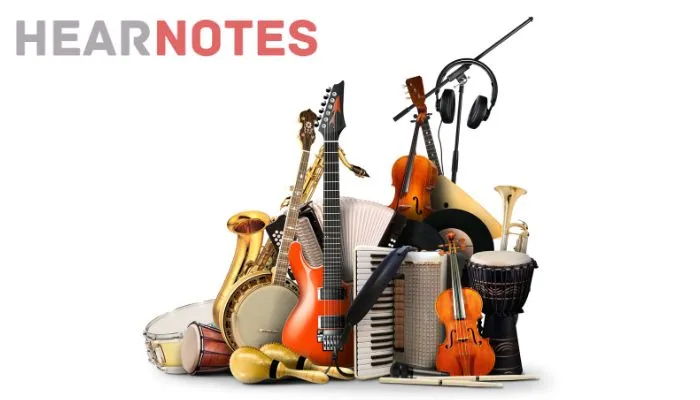Music is an integral part of human culture for centuries, for our various emotional purposes and needs. And for our various emotional needs, there are different kinds of music to quench our thirst. One prominent category within the realm of music is secular music or non-religious music.
Well, in this article, we will explore the definition, characteristics, and impact of non-religious music on society. We will delve into its different genres, its role, and many other impacts on society.
So, join me on this musical journey as we unravel the essence of secular music.
What is Secular Music: Definition and Characteristics
Secular music, also known as ‘non-religious’, ‘contemporary’, and ‘popular’ music, encompasses a wide range of musical expressions that are not like religious or spiritual themes. Unlike sacred music, which is often related to religious subjects, this music genre focuses on topics such as love, joy, heartbreak, social issues, and personal experiences.
Non-religious music embraces the diversity of human emotions. And also allows individuals to connect with their feelings through melodic and lyrical expressions.
Different Genres of Secular Music
Secular music encompasses a vast array of genres, each with its unique characteristics and taste. From pop and rock to hip-hop, jazz, country, and electronic music, there is a genre to suit every individual’s taste and preference. These genres often merge and evolve, giving rise to new musical styles that push the boundaries of creativity and innovation.

The diversity within this form of music allows artists to experiment with sound and lyrics. And ultimately captivate audiences with their distinct musical expressions.
Impact of Secular Music on Society
Secular music is closely connected with society, reflecting societal trends, values, and ideologies. It has the power to shape collective identities, challenge societal norms, and strengthen social movements.
Through lyrics and melodies, contemporary music often serves as a medium for social commentary, addressing issues such as love, politics, inequality, and personal struggles. It can unite people from different backgrounds and foster a sense of belonging with each other.
The Role of Non-Religious Music in the Entertainment Industry
Contemporary music plays a significant role in the entertainment industry, driving creativity, innovation, and economic growth. It serves as a form of entertainment that engages audiences worldwide, transcending language and cultural barriers. The popularity of secular music artists and their performances contributes to the global music market, creating opportunities for musicians, producers, and various industry professionals.
Moreover, non-religious music has become an essential component of the entertainment industry such as in movies, television shows, advertisements, and other forms of media.
Non-Religious Music as a Form of Self-Expression
For many artists and listeners alike, secular music serves as a means of self-expression and communication. Through songwriting and musical performances, artists share their thoughts, and experiences with the world. Similarly, listeners often find self-reflection relating to the lyrics and melodies that mirror their own emotions and struggles.
The Future of Secular Music
As we look to the future, secular music is bound to continue evolving and pushing boundaries. The various platforms of music production and distribution will allow more artists to share their voices and stories with the world. Non-religious music will continue to serve as a form of artistic expression. It will always be a vehicle for social change and a powerful medium for connecting people across cultures and generations.
Conclusion
Hopefully, by now you understood what is secular music, its genres, its impacts on society, and its various roles. Now you know non-religious music, with its diverse genres, emotional resonance, and cultural impact, holds a significant place in the world of music and entertainment. It reflects the ever-changing dynamics of society, providing a platform for self-expression and experiences.
With technical advancements and evolving music landscapes, secular music will continue to captivate audiences, shape culture, and serve as a universal language. So, let the melodies and lyrics of popular music guide you on a journey of emotions, connections, and self-discovery.
FAQs
Non-religious music is widely available on various platforms, including music streaming services, radio, and online stores.
Genres such as pop, rock, hip-hop, country, and jazz come under popular music.
Absolutely! Non-religious music often shapes and reflects popular culture, influencing fashion, trends, and societal attitudes.
Absolutely! Many musicians and artists have successful careers in the contemporary music industry.